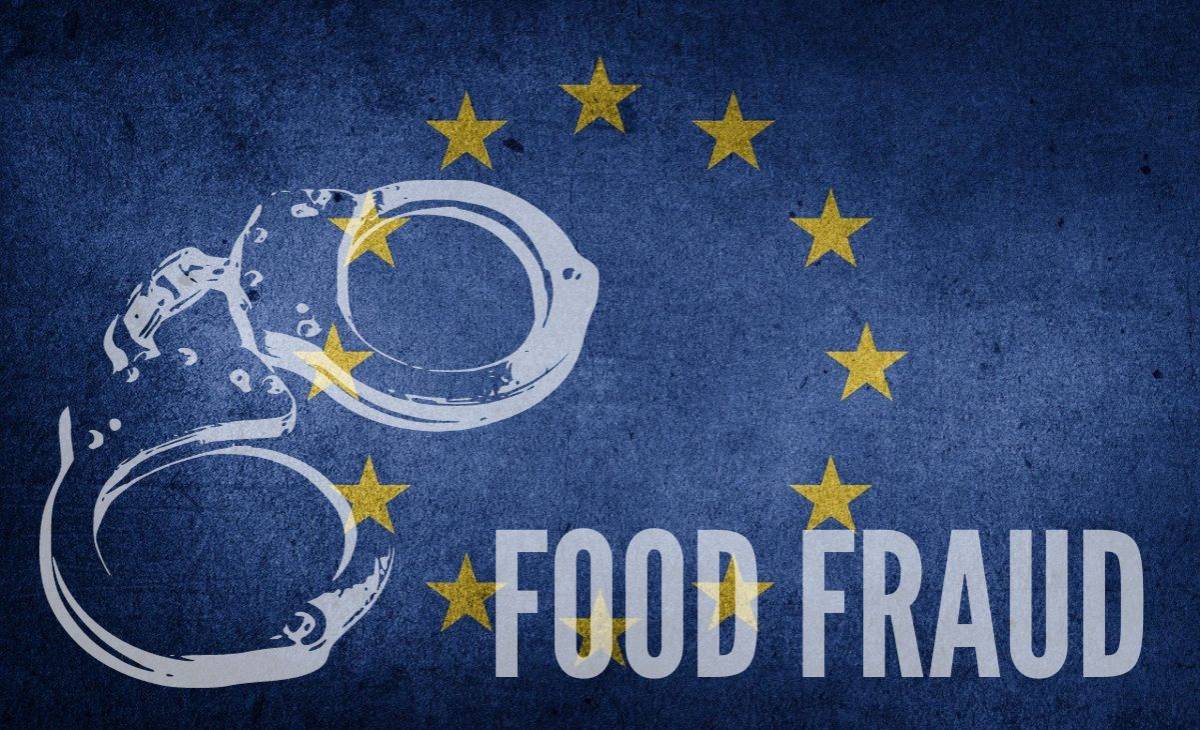EU food fraud: 30 million euros worth of illicit products
Europol's OPSON Europe operation, spanning from December 2022 to April 2023, has achieved a significant breakthrough in combating food fraud across the European market. With a focus on customs areas, physical and online markets, and the food supply chain, this year's operation (the 12th consecutive operation OPSON) led to the issuance of a record 143 arrest warrants.
Collaborating with law enforcement authorities from 25 countries, including 18 EU Member States, OPSON Europe received support from various organizations such as OLAF, DG SANTE, DG AGRI, EUIPO, national food regulatory authorities, and private-sector partners.
The operation was prompted by the risks of fraud arising from the recycling of spoiled or expired food, particularly in response to the COVID-19 crisis. Authorities conducted checks throughout the food supply chain, unveiling numerous irregularities. One emerging trend was the widescale relabeling of expired food, involving criminal organizations purchasing food from waste disposal companies and tampering with expiration dates. This deceitful practice not only compromises food quality but also poses significant health hazards, as exemplified by a case involving canned fish.
During the operation, Europol reported remarkable seizures, including 8 000 tonnes of illicit products and 6.5 million liters of predominantly alcoholic beverages. A total of 400 inspections were conducted, resulting in 168 search warrants executed and 119 individuals reported to judicial authorities. Additionally, the operation disrupted six criminal networks involved in food fraud.
The main illicit products seized, listed in order of quantity, were alcoholic beverages, cereals and derived products, fruits/vegetables/legumes, sweet and sugary products, meat and meat products, seafood, dairy products, and food supplements/additives.
One significant discovery made through Europol's information exchange involved a criminal organization engaged in the illegal recycling and trafficking of spoiled or expired food across France, Germany, Italy, Lithuania, and Spain. Led by a Lithuanian citizen, this operation involved relabeling and trafficking food that had reached its expiration date. In Italy and Lithuania alone, 27 arrests were made, and over 1.5 million packages were seized as a result of the investigation.
The Spanish Civil Guard also spearheaded two investigations targeting fraud related to meat products. In one case, charges were brought against two individuals for trafficking ham without traceability and with manipulated expiry dates, resulting in the seizure of nearly 49 000 kg of ham and sausage. In another investigation, a criminal network was uncovered, falsifying labeling and trafficking expired meats, fish, and seafood. This operation led to 8 arrests, 48 individuals under investigation, and the identification, seizure, and destruction of over 25 tonnes of food products.
Furthermore, a separate operation in Albacete, Spain, exposed a sugar fraud scheme involving the exportation of invert sugar falsely presented as grape derivatives and concentrated grape juice. This deceptive practice allowed the suspects to significantly inflate prices and profits. The operation resulted in the seizure of two tanks containing 1.08 tonnes of invert sugar valued at 1.3 million euros.
The misuse of protected food names also garnered attention during OPSON Europe. In the United Kingdom, authorities conducted checks on establishments serving protected food name products and identified cases of non-compliance and mislabeling, including products such as feta, Parmigiano Reggiano, Grana Padano, Welsh beef, Cornish pasties, and watercress.
Europol's OPSON Europe operation demonstrates its commitment to combatting food fraud and ensuring the safety and integrity of the European food market.
Source:






















